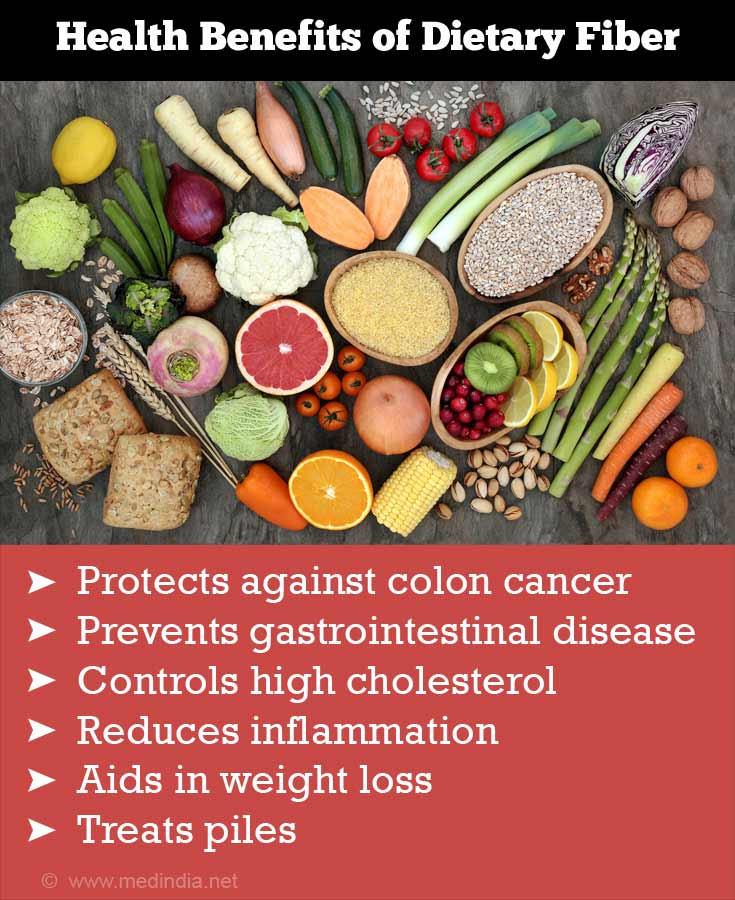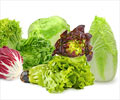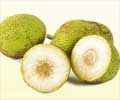About
Today—as food trends keep changing, dietary fibre no longer enjoys the importance which it did in the 1970’s. People no longer pay much attention to eating enough roughage but it as essential and vital part of healthy eating as it was.

When an infant passes hard stools and has constipation, the breast feeding mother is asked to eat some fibre and drink more water. This is how important fibre is.
Fibre is divided into two broad classes – soluble and insoluble forms. Eating a spoonful of wheat bran or oats is not the answer, according to studies, different types of fibres have different benefits.
Insoluble fibre like wheat bran peels of some fruits and vegetables - make stools heavier and softer;it also absorbs water like a sponge, this makes it easier for quick elimination of feces and relieves constipation.
Soluble fibre includes pectins, gums and compounds found in oats, legumes, peas, lentils, brown rice, barley and fruits. It breaks down as it passes through the digestive tract and forms a gel which absorbs substances like cholesterol. This is digested in the large intestine.
When a good quantity of fibre is eaten – 25-35 grams a day for an average adult – it is very beneficial for heart health. It also controls the release of sugar into the blood as it slows the emptying of the stomach. Fibre controls spikes in blood sugar and stimulates the pancreas to pump out more insulin. This greatly helps diabetics.
It is best to eat natural forms of fibre and go a bit slow in the beginning to avoid bloating and stomach cramps. A balanced meal of fruit, vegetables, whole grains and salads will beautifully take care of the dietary fibre.
Start with a nutritious breakfast of whole wheat bread or bagels, cereal and a banana or any fruit, a snack of dry fruits or fruits like raspberries or blackberries. Eat fruits along with peels or membranes – after washing thoroughly.
Avoid eating too many salad vegetables all at once, rather begin with small quantities and increase as you feel comfortable. Hummus and spinach dips are ideal sources of fibre. Remember to drink enough water.
Add some fresh capsicum and onion slices to a store bought pizza, chopped fresh and dry fruits to cereals and yogurt, eat slices of cucumber, carrot and celery with dips, and add lots of spinach and lettuce to sandwiches.
Fibre is known to protect against colon cancer and high cholesterol. Fibre rich food slows down digestion and gives you a feeling of fullness for longer periods – it is ideal during a weight reduction program. Eating enough fibre prevents gastrointestinal disease, piles and hemorrhoids. As people grow older they should eat just enough to prevent inflammation of the intestines which gets very common.
Too much fibres can cause some discomfort and especially eating them all at once can cause diarrhea as they speed the passage of food in the digestive tract. At times, since fibre binds with water and food, it also binds to minerals like calcium, magnesium and zinc moving them out of the system before the body can absorb them.
Eating too many raw vegetables and fruits can cause intestinal gas and bloating. Many a time eating a good amount of fibre with not enough water can cause constipation. Once the fibre intake is reduced the ill effects will clear up within a day or two.













